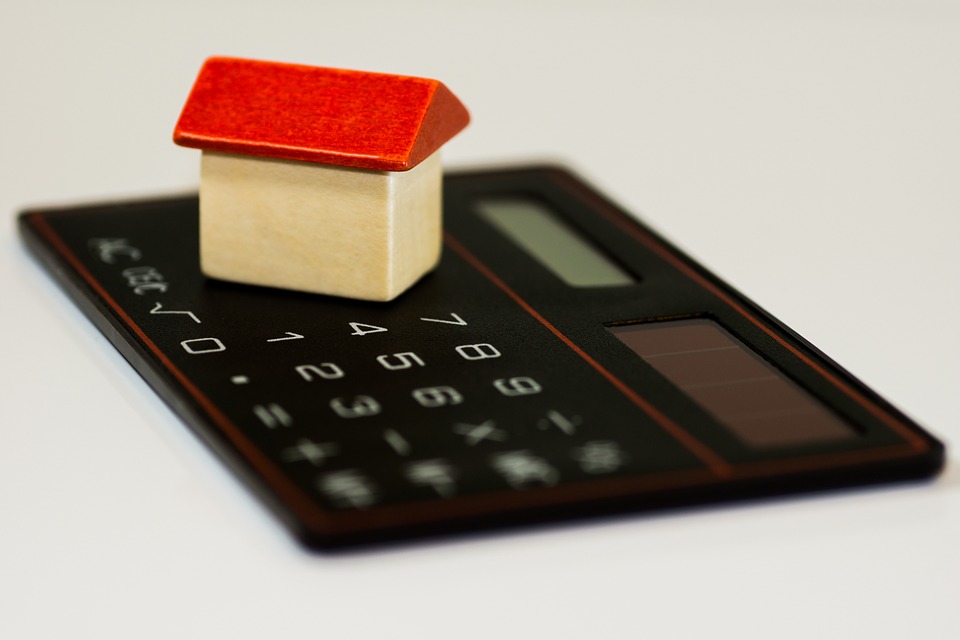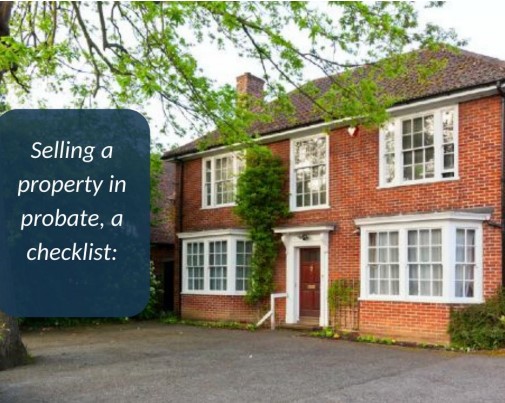Are buy-to-let properties a good investment?
For many years, landlords have reaped the rewards of property investment – but are the same opportunities for profit available to those looking to start a buy-to-let investment today?
How do buy to let properties work?
The buy-to-let system allows an investor to purchase a property with the sole intent of profiting from a tenant who pays a monthly fee in exchange for residence or use of the building.
The logic behind such a purchase is that the monthly mortgage repayments the owner of the property needs to make to their lender is less than the fee they receive from the tenant themselves.
Can you get a mortgage for buy-to-let properties?
Similar to a normal residential mortgage, buy-to-let mortgages can legally be applied for at any number of lenders. However, in an effort to prevent the wealthy from simply buying up every available house in the country, the associated fees are often much higher.
Lenders also tend to be stricter with investors during the application process for a buy-to-let mortgage as opposed to a residential mortgage. For example, with a residential mortgage it is common for deposits to fall as low as five per cent, with certain banks often requiring no deposit at all in exchange for higher repayment fees; whereas a buy-to-let application will require a deposit of anywhere between 20-40% of the total value of the property.
Furthermore, the application itself will require the investor to have a better credit rating than if they were applying for a standard residential mortgage, and it is extremely unlikely that a lender would consider an applicant who earns less than £25,000 per year.
There are also age limits on buy-to-let investments. A lender is unlikely to offer a buy-to-let mortgage to an individual who will be over the age of 70-75 once the repayments would be completed.
Are buy to let mortgages a good idea?
In theory, buy-to-let investments are a great idea – especially at a time when rental payments are higher than ever due to a mass shortage of affordable housing for first-time buyers. However, the geographical area in which a buy-to-let investment is made can heavily affect the profit margin potential, and an application can be refused if the projected monthly rental income is less than 25-30% higher than the monthly mortgage repayment.
A buy-to-let property has historically been an excellent way to provide a pension for a landlord once they retire from their work-life – and as time passes, the house can be re-mortgaged or re-evaluated by the lender in order to provide an even greater profit for the owner.
However, it is worth noting that both Capital Gains tax, as well as basic income tax will push the investor into a higher tax bracket, and this can severely limit the aforementioned profit. It is therefore advisable for an investor to provide as higher deposit as possible, to maximise their annual earnings during repayments.
Is it worth buying to let?
Whether a buy-to-let investment is a good idea entirely depends on how savvy the landlord is with regard to personal finance.
Some landlords purchase homes, only to find that they encounter a period where they cannot find a tenant and as a result, cannot afford the necessary repayments during that time. This can often lead to repossession and the loss of the deposit regardless of potential sold house prices.
It’s also important to remember that the profit made from the tenants can not necessarily be spent as soon as it is earnt, as most buy-to-let mortgages are ‘interest-only’. This means that while a landlord only pays for the interest on the property from month-to-month, when they reach the end of their borrowing term, they are expected to pay off the property in full.
Another key point is that a buy-to-let investor can not necessarily sell their house fast to repay the mortgage, as if housing values fall and the investor finds themselves in negative equity, they would still be responsible for the outstanding payments to their lender even after they have offset the money gained from the sale of their property against their debts.
Are you looking to sell your home fast? Why not ask National Homebuyers for advice, as we buy any house. Call 08000 443 911 or request a call back to find out how much you could get for your property.






